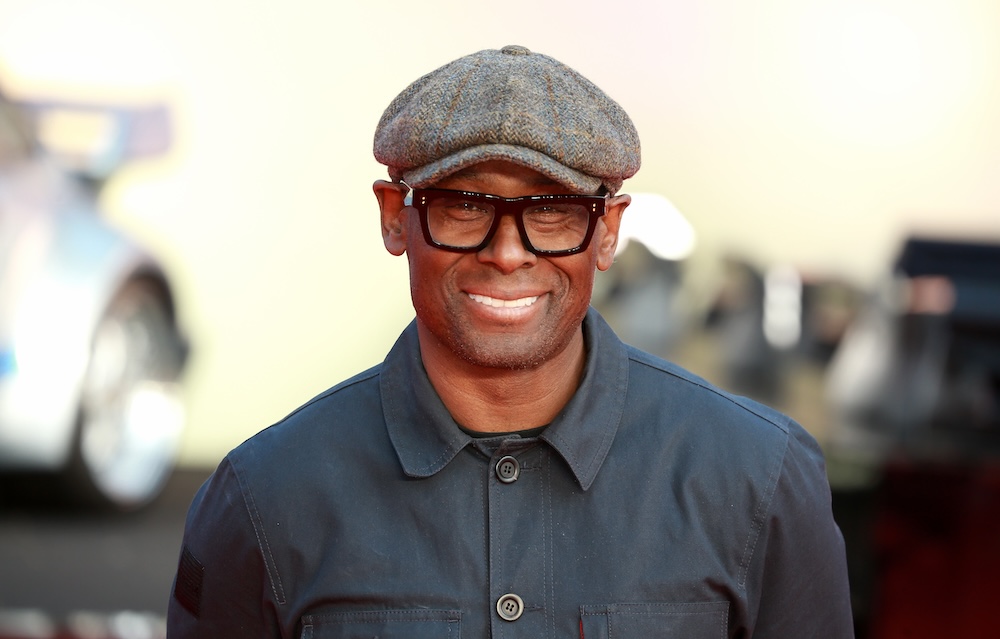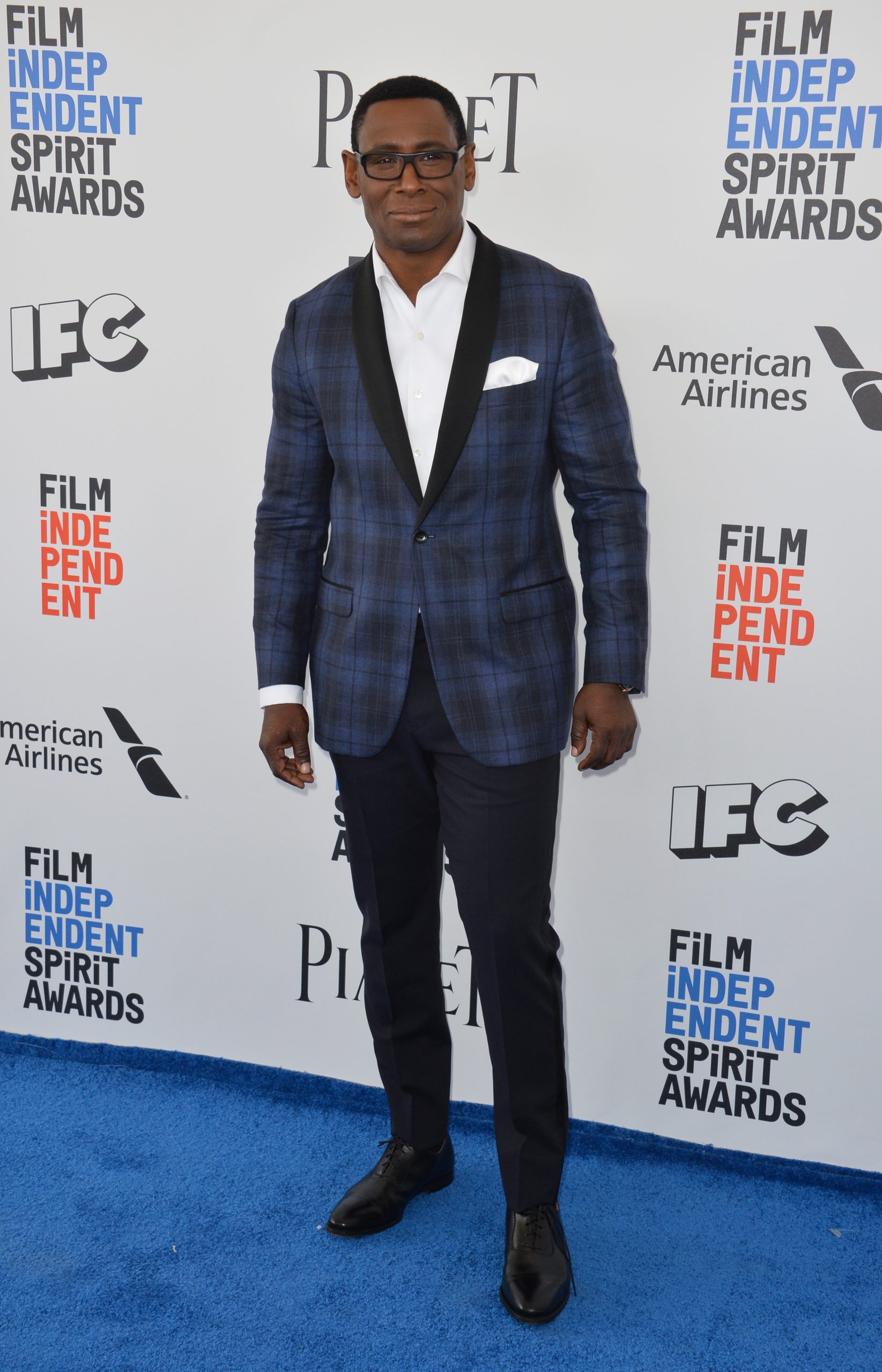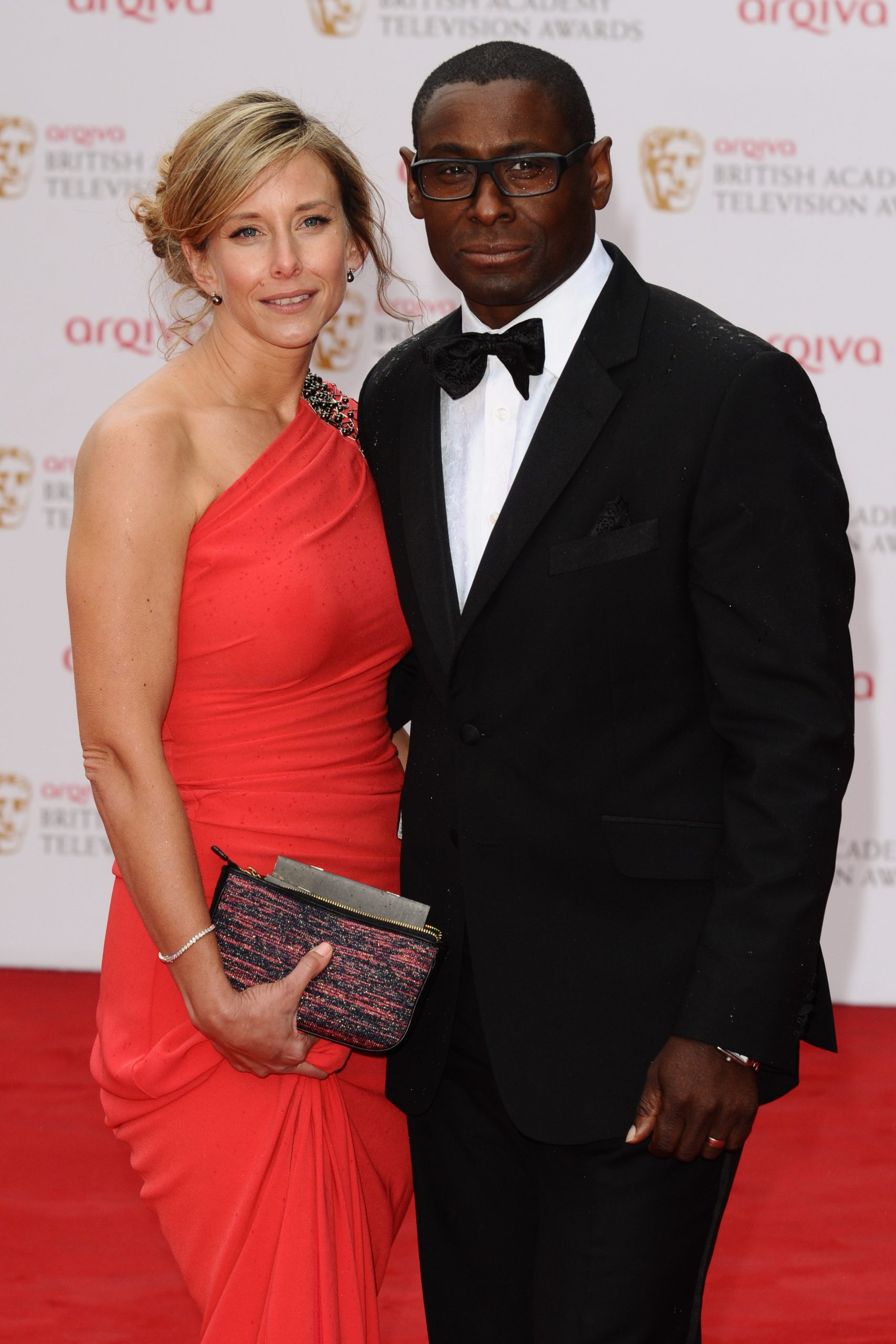Politics
‘Homeland’ Star David Harewood Blasts DEI In Hollywood

In recent years, the practice of casting actors in roles of different racial or ethnic backgrounds has continued, albeit with increasing scrutiny. David Harewood, the accomplished British actor known for his role in the critically acclaimed series “Homeland,” recently shared his candid thoughts on diversity, equity, and inclusion (DEI) initiatives in Hollywood and the broader entertainment industry.
In an in-depth interview with The Guardian, Harewood, who also holds the prestigious position of president at the Royal Academy of Dramatic Art (RADA) in London, expressed mixed feelings about the current state of DEI efforts. He pointed to persistent challenges and misconceptions that, in his view, risk undermining the very goals these initiatives aim to achieve.
Reflecting on his own tumultuous experiences in the industry, Harewood recalled the severe mental health struggles he faced as a result of racial typecasting and industry pressures. “I’ve been to the Golden Globes and the Emmys. I’ve seen the glamorous end of the industry. But I’ve also been in a mental institution because of this industry,” he shared.

SANTA MONICA, CA – FEBRUARY 25, 2017: David Harewood at the 2017 Film Independent Spirit Awards on the beach in Santa Monica
Harewood’s career, marked by a rich variety of roles across stage and screen, illustrates a paradox. While he has achieved considerable success, including a groundbreaking role as a CIA chief in “Homeland,” his journey has been fraught with difficulties linked to his identity and race. The actor described the intense scrutiny and overt racism he endured after being cast as Romeo in an all-black production of Shakespeare’s play early in his career.
“One reviewer said: ‘Apparently this man went to Rada. Why did they let him in? Why did they let him out?’ Another one commented: ‘He doesn’t look like Romeo; he looks more like Mike Tyson.’”

David Harewood and Kirtsy Hands arriving for the TV BAFTA Awards 2013, Royal Festival Hall, London. 12/05/2013
Despite the hurdles, Harewood has not shied away from confronting difficult issues head-on. His leadership at RADA is viewed by many as a step toward rectifying historical wrongs within one of the world’s most revered drama schools, which has openly acknowledged its own purported “institutional racism.” The actor’s critical view of DEI efforts extends to larger controversies in the entertainment sector. He cited recent debates over race-specific performances and casting decisions as examples of the industry’s struggle to find a balance between inclusivity and artistic freedom.
“We’re at this strange point in the profession where people go: ‘Oh, you can’t play that role because you’re not disabled, or you can’t play that because you’re not really from there,'” he explained. “The name of the game is acting.”
Over recent times there has been a noticeable trend in the casting of recent films where roles typically associated with White actors have been undertaken by actors of color.
Harewood explained, “Yes, we’ve got to be representative, but I do think we have to be careful. That even extends to Othello in blackface. I say, if you want to black up, have at it, man. It’d better be f*cking good, or else you’re gonna get laughed off the stage. But knock yourself out! Anybody should be able to do anything.”

